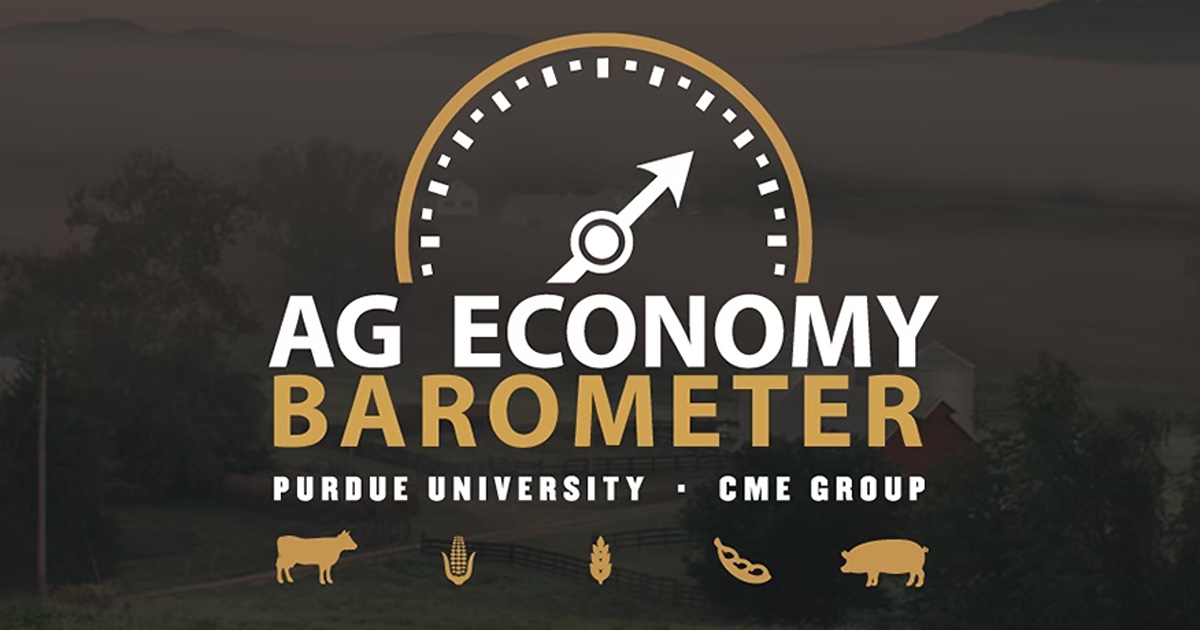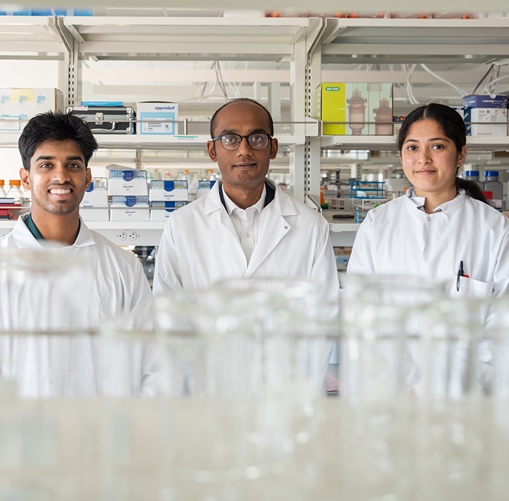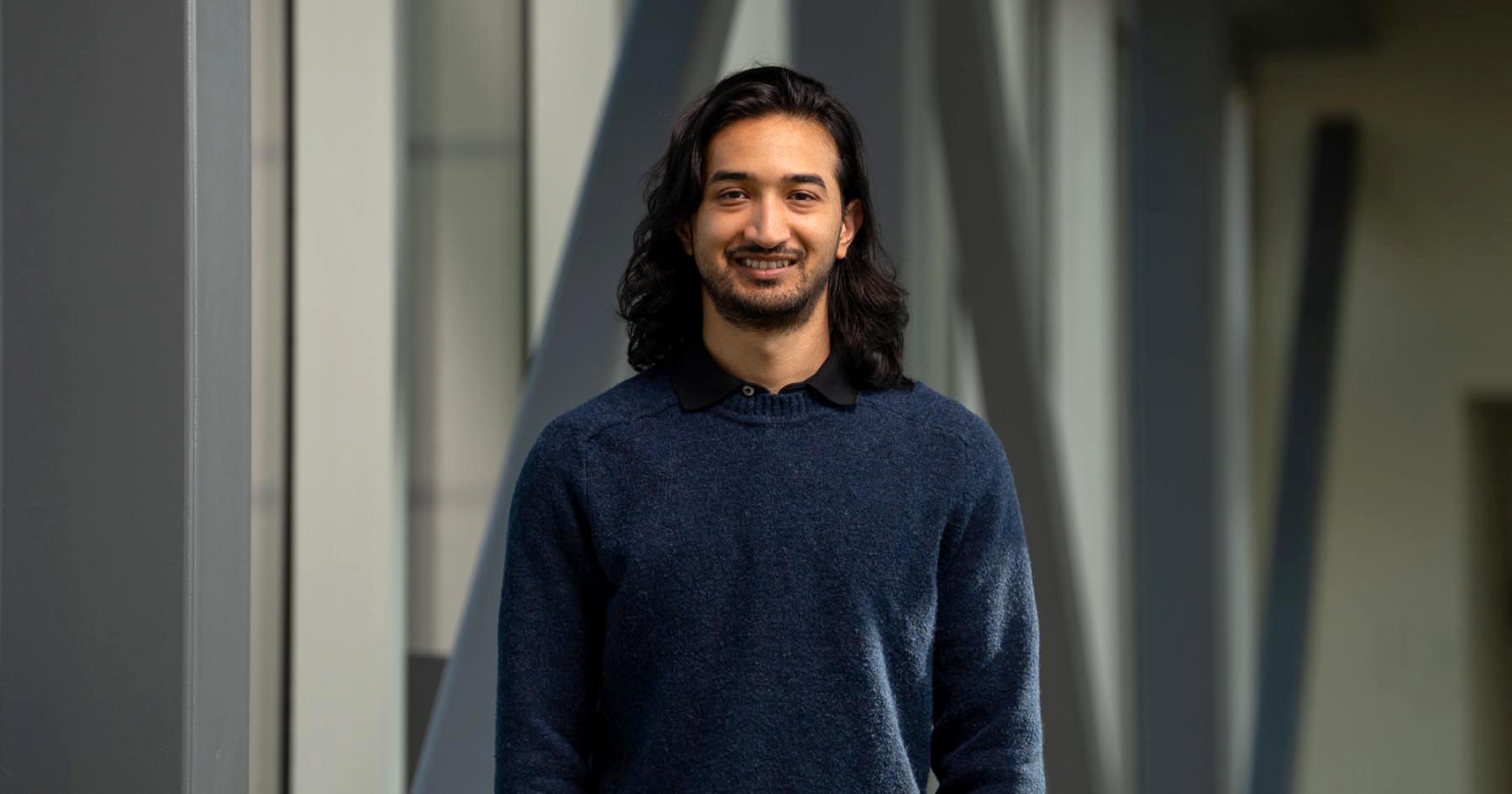Forestry & Natural Resources
Shah Grant to Fund Sensor-Driven Mosquito-Borne Disease Prevention Study
Imagine an alert system that can warn scientists when conditions are prime for mosquito-borne diseases, such as dengue, faliarisis and malaria, and eventually deploy real-time solutions to stop them in their tracks. A project aimed at creating just such a system will move forward thanks to a grant awarded to two members of the Purdue Department of Forestry and Natural Resources.
Dr. Bryan Pijanowski, professor of landscape and soundscape ecology and Director of the Center for Global Soundscapes, and post-doctoral research associate Dr. Kristen Bellisario’s proposal regarding “Sensor technologies for real-time monitoring of mosquito populations through heat maps in India” was selected as one of four to receive the 2020 Shah Family Global Innovation Lab Seed Grant.
The Shah Family Global Innovation Awards are made possible through contributions from the Shah Family Endowment, the Purdue College of Engineering and College of Agriculture as well as external partners. The Shah Lab fosters and sustains a vibrant community of faculty, staff, and students working with domestic and international partners to address socio-economic challenges and create solutions to them based on engineering innovations and market-driven approaches. Pijanowski and Bellisario’s grant submission was among 38 considered.
 The project “Sensor technologies for real-time monitoring of mosquito populations through heat maps in India” is a collaboration with a diverse group of scholars and technicians in India including an immunologist, entomologist/biologist, technologist (drone specialist) and government decision-makers. Leaders at the Purdue Institute of Inflammation, Immunology and Infectious Disease (PI4D) also are involved in the study.
The project “Sensor technologies for real-time monitoring of mosquito populations through heat maps in India” is a collaboration with a diverse group of scholars and technicians in India including an immunologist, entomologist/biologist, technologist (drone specialist) and government decision-makers. Leaders at the Purdue Institute of Inflammation, Immunology and Infectious Disease (PI4D) also are involved in the study.The aim is to deploy passive acoustic sensors that could send alerts to signal critical time periods when further action is needed to prevent the occurrence of mosquito-borne diseases in India and abroad.
“Our long-term goal is to develop a unique solution to the problem of identifying emergence and population levels of three major species of mosquitoes through the identification of the highly species-specific frequency patterns of male and female mosquitoes during their mating rituals or through the least computational effort using soundscape analyses methods,” Pijanowski explained.
The project will be conducted by two teams - a local team at Purdue, and a team in Hyderabad, India. Bellisario, a data scientist, will be the technical lead on the project. After pivoting their plans due to COVID-19 restrictions, the Purdue researchers will be training their partners in India through WebEx on how to deploy the pre-programmed sensors in a local, controlled water body, instead of travelling to India to deploy them in person. The Purdue team will deploy a similar array of monitors at Purdue’s wildlife areas to further refine the capturing technology. All data will be sent back to Purdue for analysis.
The Equipment and Technology
In order to create this solution, the group will turn to acoustic monitoring, which has been successfully used to study and monitor specific species, functional diversity, acoustic community composition, and environmental and disturbance impacts; and offers a remote monitoring solution that is durable and reliable.
In order to create this solution, the group will turn to acoustic monitoring, which has been successfully used to study and monitor specific species, functional diversity, acoustic community composition, and environmental and disturbance impacts; and offers a remote monitoring solution that is durable and reliable.
Pijanowski, Bellisario and their partners are proposing a pilot study that will evaluate the use of passive acoustic sensors to apply artificial intelligence (AI)-based tools that will recognize the mating duetting sounds and the varied acoustic patterns of mosquito life cycle stages, from larval to adult of six species of mosquitoes including Aedes Sp, Culex sp and Anopheles sp, which act as vectors for dengue, faliarisis and malaria respectively.
They will deploy two types of terrestrial acoustic monitoring devices, weather-resistant and portable, along with hydrophones. Weather-resistant units require routine maintenance but reliability and results are well cited in the literature for effective monitoring solutions, while the portable units are programmable for frequency-range limits and have lower power requirements and may be more suitable in a long-term solution. The Purdue Center for Global Soundscape has been a leader in the use of this technology to quantify biodiversity patterns and changes to the geophysical environment.
These monitoring devices would be deployed in water bodies and other mosquito breeding sites across Hyderabad, India, and drones will be used to collect high resolution data. Drones also will be tested for use in targeted pesticide application. Recordings from the sensors will be analyzed jointly by the Purdue-RICH team to ensure strong technology transfer and the tailoring of the technologies to the problem at scales that matter.
“We envision the results of this pilot providing the future for the development of a modified acoustic sensor for the automated monitoring of mosquitos,” Bellisario said. “We aim to explore a device that will work with a receiver / transmitter (for real-time data) using solar-powered (or other long-term power solution) for a low-cost sensor. The experimental design tests current sensors with the proposed type of device to validate our working hypothesis that the low-cost sensor will support outcomes similar to the more expensive terrestrial and hydrophone options.
“We imagine an active network of programmed acoustic sensors with other environmental data that provides levels of alerts for mosquito activity (targeted species) and could trigger response of drone-powered pesticide application or a breeding disruptor (such as acoustic event broadcast). The mosquito activity would be accessible through a cloud-based dashboard for easy visual inspection.”
Data Collection and Analysis
Transmitted acoustic signals would be tied to a real-time, edge computing acoustic sensor that could send alerts to a centralized server and/or to a phone app that would signal critical time periods for further action to prevent the occurrence of disease. The group foresees new technologies being developed that use acoustic sensors, real-time alerts and management apps that could be applied to a variety of other acoustic-triggered events. The results of this project will benefit Hyderabad initially, but if successful, it could benefit communities worldwide.
Transmitted acoustic signals would be tied to a real-time, edge computing acoustic sensor that could send alerts to a centralized server and/or to a phone app that would signal critical time periods for further action to prevent the occurrence of disease. The group foresees new technologies being developed that use acoustic sensors, real-time alerts and management apps that could be applied to a variety of other acoustic-triggered events. The results of this project will benefit Hyderabad initially, but if successful, it could benefit communities worldwide.
The Partnership with the Research and Innovation Circle of Hyderabad (RICH)
This project and partnership sparked from an initial conversation about acoustic technology and possible applied techniques for work with infectious disease with Thomas Sors, Assistant Director of PI4D and Bellisario.
This project and partnership sparked from an initial conversation about acoustic technology and possible applied techniques for work with infectious disease with Thomas Sors, Assistant Director of PI4D and Bellisario.
During the exploratory proposal phase, Pijanowski contacted Ajit Rangnekar, the Director General of Research Innovation Circle of Hyderabad (RICH), a Telangana government initiative. He submitted a “real life bottleneck issue” to the Shah Family Global Innovation Lab. Shah Lab Assistant Director of Programs, Pallavi Gupta, helped arrange the initial meeting. Through several meetings with RICH and other team members, including biologist Bhubesh Kumar, and Marut Drones, the Shah Grant proposal was created.






